Jamaica’s musical legacy is steeped in a tapestry of vibrant genres, and at the heart of this rich heritage stand the pioneers. Borrowing from African rhythms, mento, calypso, and American R&B, these trailblazers birthed a distinct Jamaican sound in the mid-twentieth century.
Rooted in the island’s everyday struggles and triumphs, their compositions became anthems of liberation and unity. Among them, the legendary Bob Marley, with his timeless hits of hope, and Jimmy Cliff, who carried the spirit of his people to the world stage.
Innovative producer Lee “Scratch” Perry and the contributions of lesser-known visionaries like Desmond Dekker, Sister Nancy, King Tubby, and Augustus Pablo further expanded the boundaries of Jamaican music, forever leaving their indelible mark.
From reggae to ska and beyond, their legacy resonates, inspiring generations to champion social justice and cultural pride through the power of song.
1. Bob Marley and His Legacy
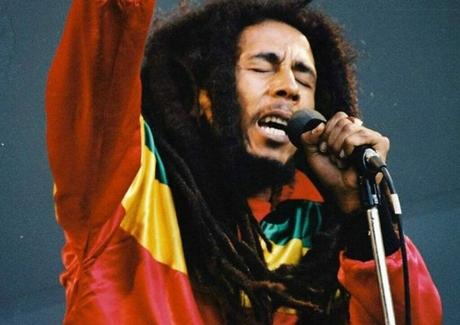
No discussion of Jamaican music pioneers would be complete without paying homage to the legendary Bob Marley.
Rising from humble beginnings in the Trenchtown neighborhood of Kingston, Marley’s soul-stirring voice and powerful lyrics propelled him to international stardom. Marley’s songs unapologetically addressed social and political concerns, calling for peace, love, and togetherness. His timeless hits such as “One Love” and “Redemption Song” not only topped charts worldwide but also became anthems of hope and liberation for oppressed communities. Marley’s legacy lives on, as his music continues to inspire and appeal with listeners all around the world.
2. Jimmy Cliff and His Contributions
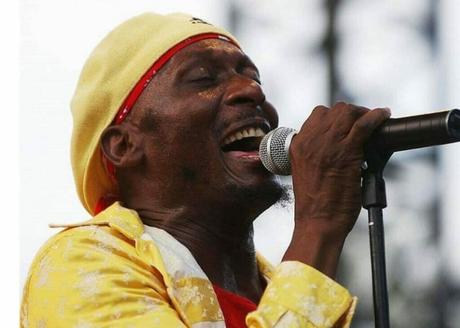
Another prominent figure among the Jamaican music pioneers is the immensely talented Jimmy Cliff. With his soulful voice and charismatic stage presence, Cliff played a pivotal role in introducing Jamaican music to the world. His breakthrough hit, “Many Rivers to Cross,” captivated listeners with its heartfelt lyrics and poignant delivery. Cliff’s music embodied the struggles and aspirations of his people, tackling themes of social injustice and personal resilience. Songs like “The Harder They Come” were used as the soundtrack for the film of the same name, introducing reggae music to a broader audience and cementing Cliff’s place as an international music hero.
3. Lee “Scratch” Perry and His Innovations
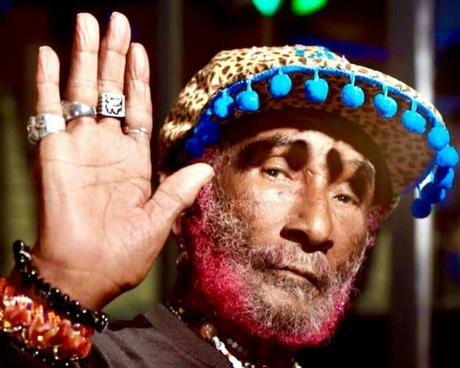
Venturing into the realm of production and sonic experimentation, Lee “Scratch” Perry emerged as a visionary pioneer in Jamaican music. Perry’s contributions to the development of dub music revolutionized the production techniques and possibilities of the genre.
With his innovative use of studio effects and manipulation of sound, Perry transformed traditional reggae tracks into psychedelic and otherworldly sonic landscapes. His collaborations with important musicians like as Bob Marley and The Wailers, as well as his own solo works such as “Blackboard Jungle Dub,” pushed the limits of what was considered feasible in the area of music production.
4. Desmond Dekker “The King of Ska”
Desmond Dekker, the “King of Ska,” played a pivotal role in popularizing the genre beyond Jamaican shores. His timeless hits like “Israelites” captivated audiences worldwide, introducing them to the infectious rhythms and energetic beats of ska music.
5. Sister Nancy
Sister Nancy, a pioneering female artist in the male-dominated dancehall scene, broke barriers and paved the way for women in Jamaican music. Her trailblazing hit single “Bam Bam” became an anthem, empowering women and cementing her status as a reggae legend.
6. King Tubby
King Tubby, a maestro of sound engineering, pushed the boundaries of music production. His innovative techniques in dub music, such as the use of studio effects and remixing, created a new sonic landscape and influenced countless artists across genres.
7. Augustus Pablo
Augustus Pablo, the master of the melodica, introduced the haunting sound of this instrument to reggae music. His soul-stirring melodies and unique instrumental approach added depth and texture to the genre, solidifying his reputation as a true innovator.
Impact on Future Generations
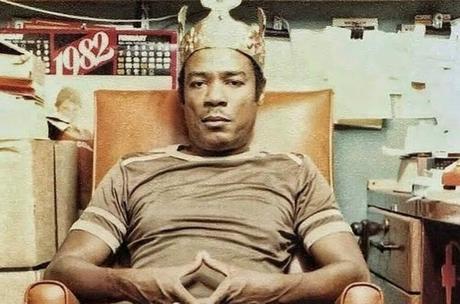
The legacy of the Jamaican music pioneers reverberates through time, transcending genres and inspiring countless artists. Their revolutionary attitude paved the way for reggae, ska, dancehall, and other Jamaican musical styles to flourish. Internationally recognized bands like as The Police, The Clash, and Lauryn Hill have acknowledged the pioneers’ impact on their own work, infusing Jamaican rhythms and social conscience into their music.
The pioneers’ teachings of solidarity, social justice, and cultural pride have had an enduring influence on successive generations, maintaining their vision of a better world via the power of song.
Cultural and Social Impact
Jamaican music pioneers wielded their art as a catalyst for cultural and social change, addressing the pressing issues of their time. Through their lyrics and melodies, they fearlessly tackled poverty, inequality, racism, and the struggles faced by marginalized communities. The music became a powerful voice of the people, giving expression to their collective joys, pains, and aspirations.
Jamaican music’s catchy rhythms and inspirational sentiments resonated with listeners all over the world, inspiring feelings of joy, perseverance, and optimism. The music became a unifying force, transcending borders and uniting diverse cultures under the shared love for the Jamaican sound. It fostered pride and identity in Jamaicans as well as the worldwide diaspora, establishing a sense of belonging and cultural connection.
FAQ
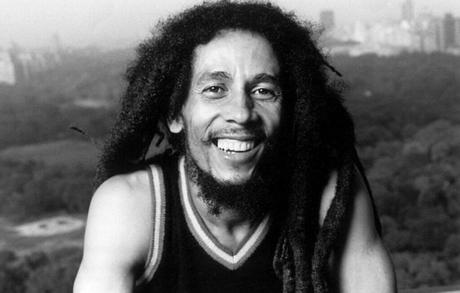
Who Introduced Jamaican Music To The World?
Bob Marley and The Wailers introduced Jamaican music to the world, particularly reggae, with their breakthrough album “Catch a Fire” in 1973. Their captivating melodies, heartfelt lyrics, and the charismatic presence of Bob Marley resonated globally, propelling reggae into the mainstream and solidifying its place in music history.
Who Influenced Jamaican Music?
Jamaican music was influenced by a rich tapestry of musical traditions. African rhythms, brought by enslaved Africans, laid the foundation. Jamaican folk music, known as mento, and the influence of American R&B, calypso, and ska also played significant roles. Additionally, the sounds and styles of legendary Jamaican artists such as Prince Buster, Toots and the Maytals, and The Skatalites shaped the evolution of Jamaican music, contributing to its distinctive and vibrant sound.
Where Did Jamaican Music Originate?
Jamaican music originated in the vibrant cultural melting pot of Jamaica, a Caribbean island renowned for its captivating beauty and diverse heritage. Emerging from the fusion of African musical traditions, brought by enslaved Africans, and the influences of colonialism and the American music scene, Jamaican music found its voice in the neighborhoods and communities of Kingston, the capital city. These vibrant streets served as the fertile ground where artists and musicians honed their craft, shaping the unique soundscape that would captivate the world.
Key Takeaways: Jamaican Music Pioneers
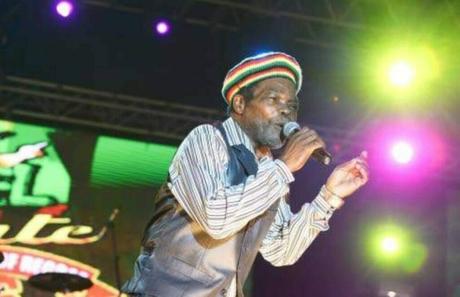
Jamaica’s rich cultural tapestry and diverse musical traditions laid the groundwork for the emergence of music pioneers.
A combination of influences, including African rhythms, mento, calypso, and American R&B, gave rise to the distinct sound that became identified with Jamaica in the mid-twentieth century.
The pioneers of this era brought a distinct flavor to the music scene, infusing their compositions with authentic Jamaican elements and narratives rooted in the struggles and triumphs of everyday life on the island.

